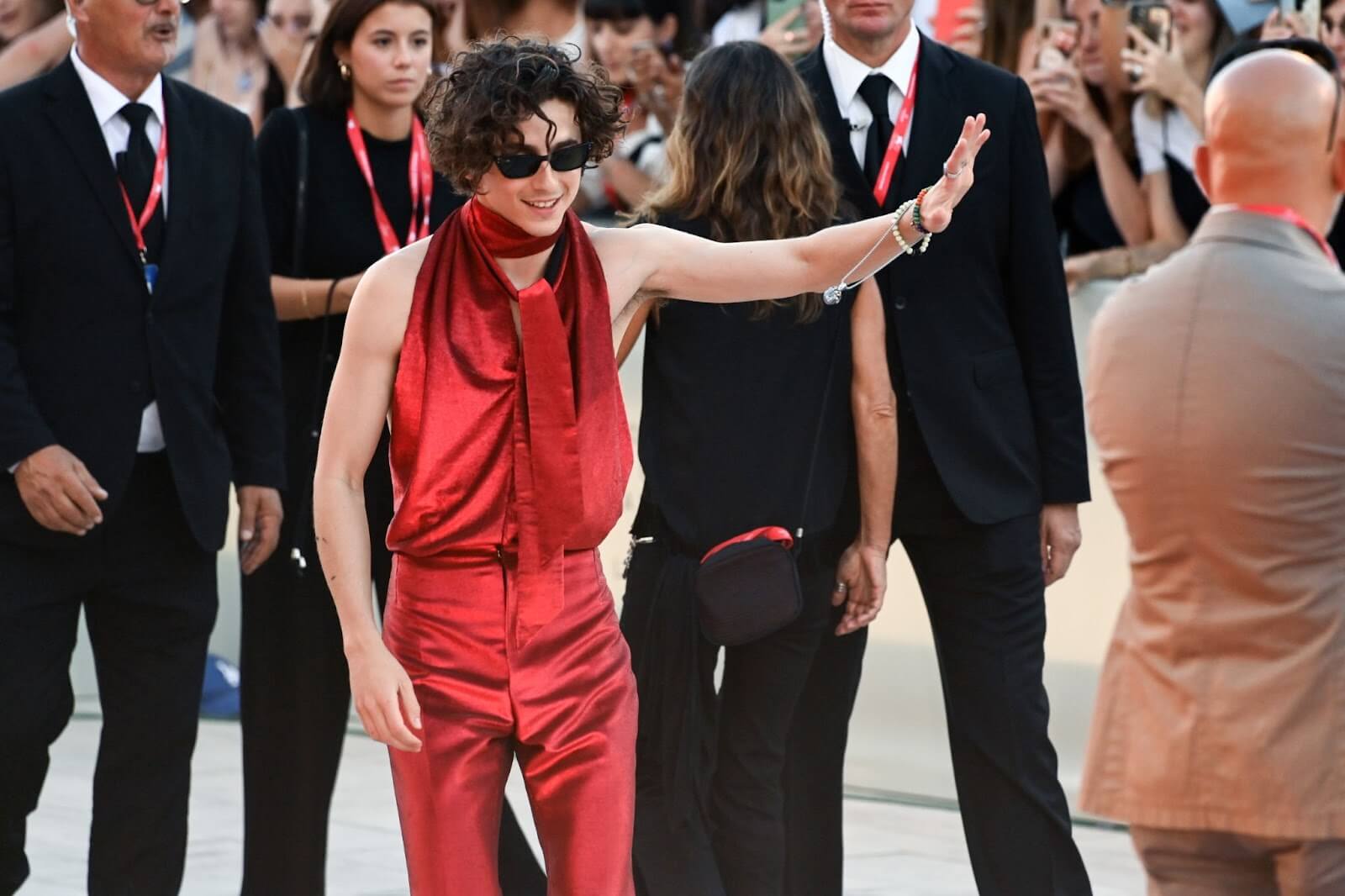How Can You Make Money as a YouTuber?

Mar 24 | 2017

YouTube is one of the oldest and still most popular video sharing services. It is completely free to use, but YouTubers — the people who make videos regularly — can earn some income for their posts. How does this work? How can people be making money off of a completely free platform?
The main way is through ads. YouTube didn’t always play an ad in front of almost every single video. But now, it’s hard to watch any video on the website without having to skip or sit through an advertisement. These ads are provided through Google Adsense. YouTubers connect their channel to Adsense and select the videos they would like to monetize — this means play an ad in front of them.
Ads are how Google makes money on all corners of the internet, including YouTube. Depending on how many views a video gets, Google and the YouTuber get more money in return. Google gets 45 percent of the revenue for a video and the content creator gets the remaining 55 percent. YouTubers agree to this when they activate their Adsense account and connect it to YouTube.
That percentage might sound like a decent amount, but the actual profits are very small. In 2013, a video with about 500 views would only earn about $3.80. However, a video with a billion views would earn $7.8 million. So if YouTuber’s channel has a decent amount of subscribers and regular viewers, they can earn somewhat decent compensation for their content. But unless they have followers in the thousands or millions, it can be hard to make YouTube a full-time job.
However, Adsense isn’t the only way YouTubers can make money for their videos. Another avenue is sponsorships. This is usually a short-term partnership between a content creator and a company. Typically, the YouTuber will be asked to promote or review some kind of product in exchange for a lump sum of cash. The amount of money varies based on the subscriber base and the size of the company providing the sponsorship. Once again, the bigger your channel is, the more money you’re likely to make from these deals. However, sponsorships — while not steady — can be a good way for YouTubers to earn more money. Google doesn’t get a cut of the profits like with native ads.
While many people might think that professional or full-time YouTubers have an easy job, content creators put a lot of time and effort into their videos and into building their audience. It can take years to build a channel up from zero to thousands of subscribers. And the rewards for doing so (at least in terms of revenue) aren’t satisfactory until a YouTube channel has millions and millions of subscribers.










